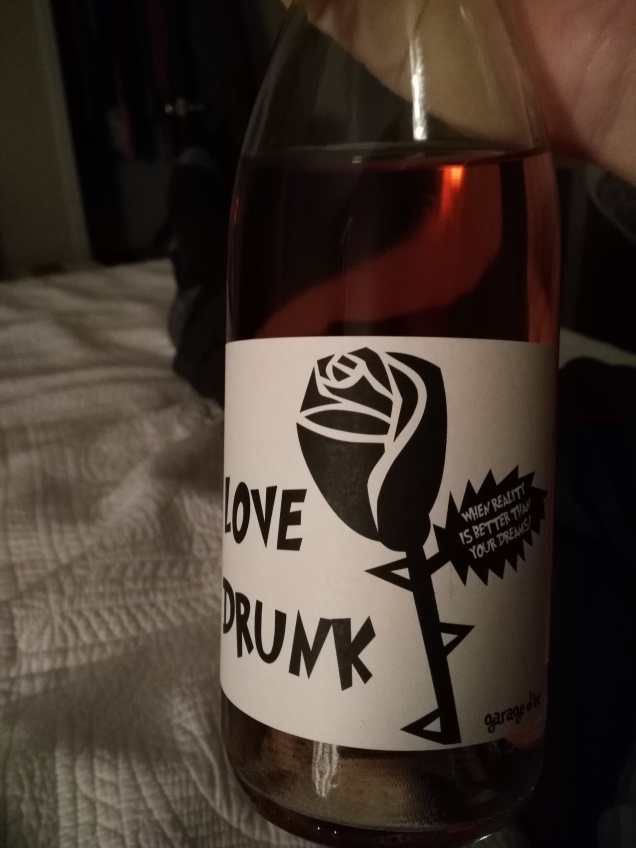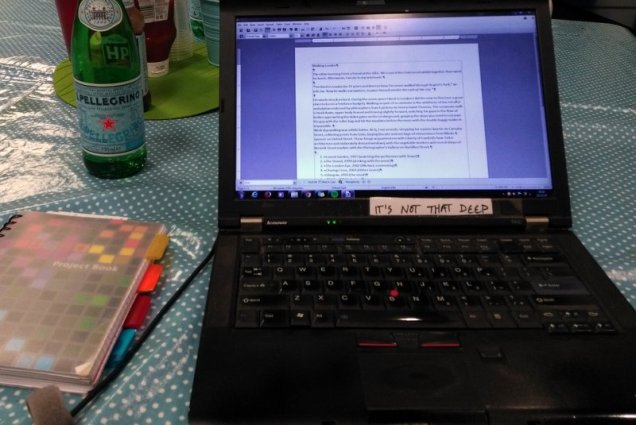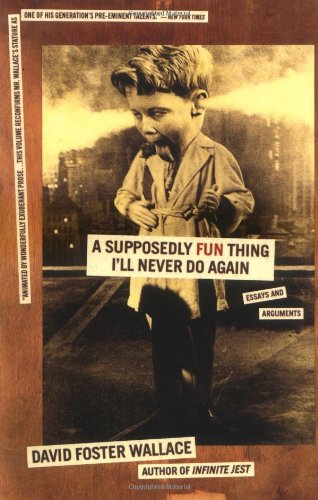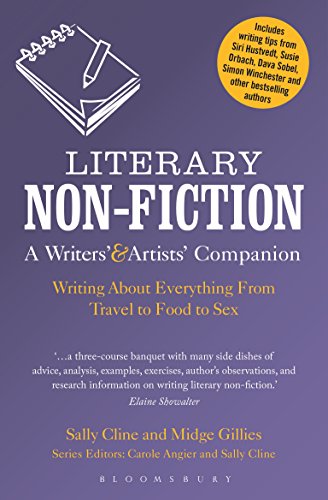True confession: I spent the last 48 hours trying frantically to write about my sex life.
You heard me. In a burst of bravado I pitched some ideas to a women’s magazine. To my horror, the editor asked me to write one. I was at REI, queuing to buy socks for Chris, when her email arrived. I went hot and cold, then dizzy. Was buying his favourite socks going to be enough to make up for dishing personal information in a public forum?
“Is your husband comfortable with you being this open about your sex life?” the editor asked.
Good question.

That night, after a couple glasses of wine, I took the plunge: “So, how would you feel about me writing about our sex life?”
To my relief, he was good with it, as long as he got a preview.
That, it transpired, was the least of my concerns.
Travelling from Oregon to London to Ibiza to Manchester in the space of a week left me short on creative time. I finally sat down to write in Manchester. Perched on an uncomfortable hotel chair, in my pants, I tried to render in words the elusive emotions of an intimate encounter. Quelle surprise, words went belly up on the page like fish in a dynamite pond. It wasn’t moving, it wasn’t sexy, it wasn’t even coherent.
Thankfully Chris got back from work so I could quit for the night.
My Wednesday deadline was poised like the sword of Damocles. Saturday night I caught a train to London while my husband got on a plane to Denmark. It made perfect sense to spend 10 hours on a slow-mo Hackney bar crawl with Ruth, rounded out with another bottle of wine at her flat.
I was wide awake at five o’clock Monday morning, heart pounding, anxiety’s fingers wrapped around my throat. Too dizzy to read or sit upright, I lay on the sofa chanting, “All is well” in the vain hope it might be true. Needless to say, the essay went untouched.
Tuesday I flew to Spain. Rather, I caught traversed taxi-plane-bus-train-taxi transport sequence that got me from Finsbury Park, north London to Jerez de la Frontera, Cadiz (best known for its sherry and horses). En route I had plenty of time to think about the ways this personal essay was not working. In a burst of desperation/inspiration I emails to a couple of Portland (OR) based sex therapists. They both responded and, thanks to the nine-hour time difference, I found myself with an 11PM and 2AM interview.
The first one was easy enough. It is light in Jerez till after 10PM so another hour wasn’t a stretch. I set two alarms: 1:40 and 1:45. The fidgety timekeeper in my brain booted me awake at 1:37. Chris was wide awake in Helsinki so we texted till five to two. Then I hit the call button on Skype and snapped into chipper journalist mode.
On the evidence of the interviews sex therapists are a delightful bunch. Both women sounded like people I want to be friends with. This gave me hope. Maybe their wisdom would bleed into my writing. Maybe their sensibleness would make sense of my nonsense.
After chatting to Chris I fell asleep around 3AM, slept through my alarm, and woke beneath a cloud. Must write personal essay. Must find a place to live. Must… must… must…

Crawling back into the surprisingly comfortable twin bed, plugging my ears and waiting for the world to go away never looked so good. Behind all this, the nagging thought that I could have asked for an extension on the essay. Hitting deadline is one of my sacred principles though, the freelancer’s code. I didn’t want to look like a flake on my first outing. Nor did I want to send something that would shame me as a writer.
Midday came and went. Two more drafts begun. A plate of rice and beans eaten on the terrace. Phone calls to an estate agent to arrange a 5PM viewing of a flat 4km away. That’s a 50 minute walk according to Google, which dispensed no wisdom on public transport. I mentally blocked out the afternoon: write till 4. Walk, view, walk back. Then I had till 10PM to send the piece, based on a 5PM finish in the magazine’s New York office.
By the time I set out I’d hatched a new strategy. Ditch the narrative essay. Focus on the key message: How this experience helped me overcome my relationship fears. Write it one-two-three-four. There was a conclusion tacked onto an earlier draft that I could live with.
“If I can write the essay to fit that conclusion, it’ll be okay,” I said to Chris.
He took my panicking over writing about our sex life better than I would. It’s unlikely the tables will ever turn, but if they do it is going to take an effort of will to sit back and let him be frank.
Jerez Norte is a dead zone during siesta. Avenues, parks and office buildings uniformly deserted. I walked along, past HiperAsia, Lidl, Mercadona, mounting pieces of evidence that my destination isn’t where I want to be.
Enrique was in his car, smoking and texting. Tufts of nasal hair, like Meyer Wolfsheim. We stood in the shade next to a bar and he told me this was the best zone of the city. It looked like Marina Botafoc without the yachts: soulless blocks of flats with high gates and artificially turquoise pools. We looked at one of the flats. Sterile, ugly, with a tiny oblong that passes for a terrace in this town. The walk back was, mercifully, quicker for being familiar.
 Home, straight to the laptop. Write. Write. Write. As I hacked away, the thought kept repeating: A supposedly fun thing I’ll never do again. David Foster Wallace’s essay of that title is turgid and self-important beyond belief (it encapsulates the experience of reading his work) but it is a great title. And captured my precise feelings about writing the damn essay. It should have been fun. A yomp. I was just asked to write about my experience. What could be easier? Pulling teeth, for one.
Home, straight to the laptop. Write. Write. Write. As I hacked away, the thought kept repeating: A supposedly fun thing I’ll never do again. David Foster Wallace’s essay of that title is turgid and self-important beyond belief (it encapsulates the experience of reading his work) but it is a great title. And captured my precise feelings about writing the damn essay. It should have been fun. A yomp. I was just asked to write about my experience. What could be easier? Pulling teeth, for one.
Even with the wise, candid sex therapist input the essay veered like a rudderless sail boat. There’s a Spanish saying: va viento en popa means to go extremely well, to be on a roll. My roll was more kid-backwards-downhill-on-skates (waiting for a crash). I scrabbled for my best writing teacher advice: Break it down, tackle small sections, don’t edit, keep writing.
I meant to pour a glass of wine to aid the creative process but couldn’t bring myself to leave the desk for that long. Sentence by clunky sentence I inched towards the conclusion. That kept changing too, but it was low on my worry list.
Around half-eight I plunked the last words in. It wasn’t good, but there was an introduction, four main sections and a brief conclusion. It was 1037 words. I spell-checked and proofread, consulted their website for the therapists full names and titles. After it was done, I read it again.
Chris was messaging from the gig in Helsinki. “Have you sent it?” he asked, 20 minutes after I told him I was finished.
“Just now,” I said, opening an email window.
The editor replied not long after: “Thanks, I’ll send notes tomorrow.”
Dread oozed back into my bubble of relief. It is without doubt one of the worst things I’ve ever written. Easily beyond repair. So far, nothing from New York today. I’ll just have to deal with it when it happens.
George Orwell remarked that writing a book is like a long bout of a painful illness –and he was a man with ample knowledge of both those things. Writing a personal essay to order is acute, like projectile vomiting in public. The topic of my essay was a huge confidence boost, writing about it smashed that confidence to fragments.
Win some. Lose some.
If you must write about sex (or anything) get help:





